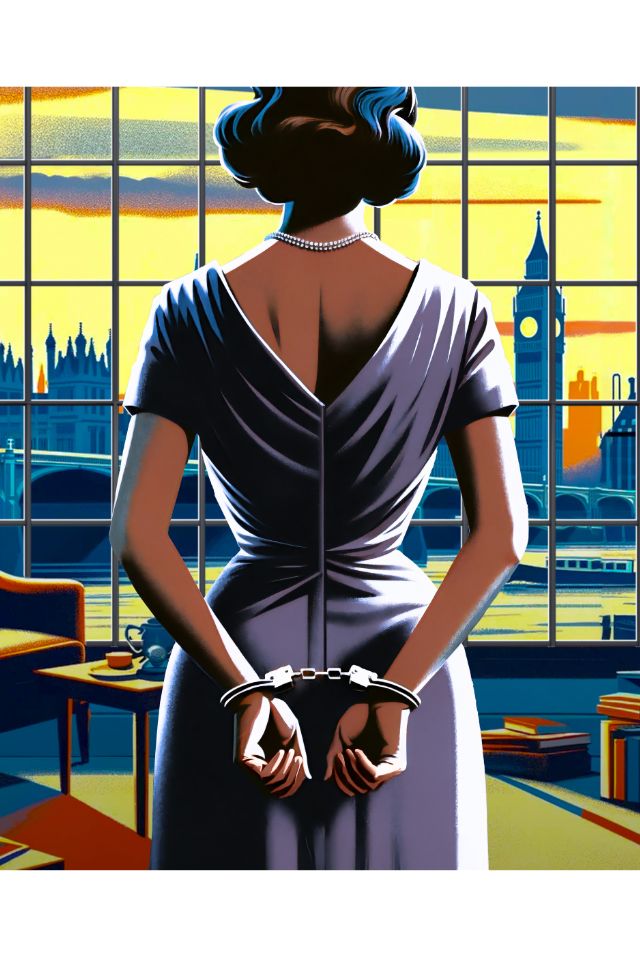
About the Play: “Dial M For Murder”
Following his service in the British Royal Artillery during World War II, playwright Frederick Knott found himself fascinated by what would drive the average person to commit the heinous act of murder. And while he was noted to have hated writing – doing so only to pay the bills – there was no doubt he had the talent to conjure up chilling stories of passion, deceit, and justice.
Dial M For Murder depicts what happens when secrets, desires, and reputations are threatened. As the complications settle in, the characters increasingly panic. Should they fight to protect what is theirs? Should they face the consequences of humiliation, loss, or even death? Most importantly, who can they trust? Knott’s exploration of the mind of a murderer uncovers that even the best laid plans sometimes require improvisation because control is only an illusion.
When he initially wrote the play, Dial M struggled to get its wheels off the ground. It was rejected by several unwitting British producers. Eventually, the BBC picked it up as a 90-minute teleplay for an episode of Sunday Night Theatre. Dial M proved to be an enthralling, audience-pleasing story, and subsequently the play made it to Broadway later that year.
Shortly after its success on the Great White Way, Knott sold the rights to Alexander Korda for about $1,300. Korda then sold the rights to Warner Brothers for upwards of $200,000. Imagine Knotts frustration! Writing to earn a paycheck and then getting swindled out of an even bigger one … when you don’t even like writing in the first place! Or better yet, turn the table: imagine conning a man (who just wrote a piece about a masterminding murderer) out of his rightfully deserved fortune. Pretty audacious of Korda, don’t you think?
Knott later had the opportunity to team up with Alfred Hitchcock to create the box office- busting film adaptation starring Grace Kelly and Ray Milland. He was now one of the hottest scribes in town, and followed that success with Write Me a Murder (1961) and Wait
Until Dark (1966). After that, he retired from writing despite the countless requests from fans and producers for more.
Fast forward to 2022, when playwright Jeffrey Hatcher adapted this masterful piece of theatre into something fresh and new. Hatcher was commissioned by The Old Globe, but was initially hesitant because, in his opinion, Dial M was already “the perfect play.” Yet, he was convinced that updating some of the relationships and tightening the plot was an interesting challenge and worthy endeavor.
In this adaptation, Hatcher seamlessly blends modern ideas to fit within the 1950s era and effectively uses them to his advantage. With deeper secrets, higher stakes, and new thrills, Hatcher’s adaptation has gone on to be one of the most-produced plays in the last couple of theatre seasons. This production marks its Arizona debut.
When asked why he thought this particular piece was gaining popularity, Hatcher said, “After six or seven hard years of politics, and pandemic, and everything – where facts are hard to nail down and truth is malleable – people like the idea of a thriller that promises we are going to nail down the facts … we are going to catch the killer and that killer will be punished in one way or another. In one sense, it’s a reaction to these very queasy times that we live in. And also, it’s comfort food. So, I think the job of an adaptation like this is to be comfort food with some twists and turns that are new.”